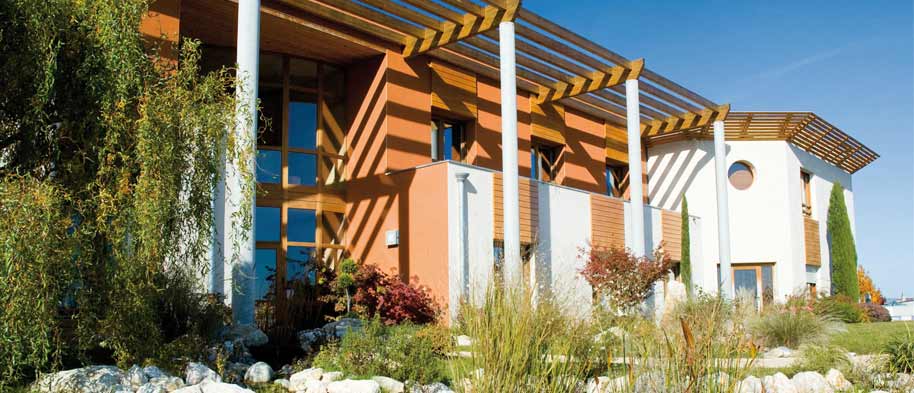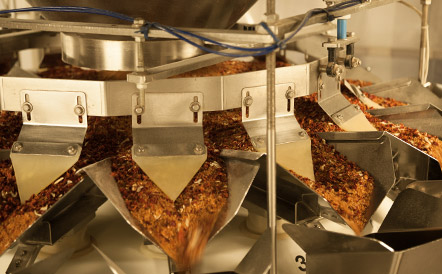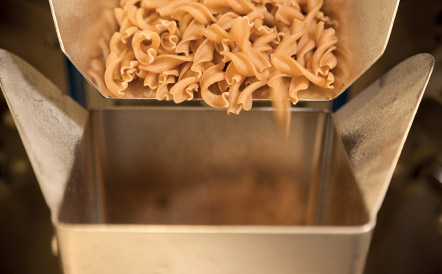Ekibio was founded in 1988 by ethical entrepreneur and son of a farmer, Didier Perréol, with a view to reconciling business ethics, environmental concerns, and economic growth.
His venture started in 1989 with the importation and commercialization of a small seed found in the high plateaus of Bolivia and referred to as the gold of the Incas : quinoa. One mighty little seed that made all the difference…
Nowadays, Ekibio develops, processes, and commercializes nearly 1,000 organic plant-based grocery products.
Ekibio is certified Bio Partenaire (organic partner) and Bio Entreprise Durable (sustainable organic company).


